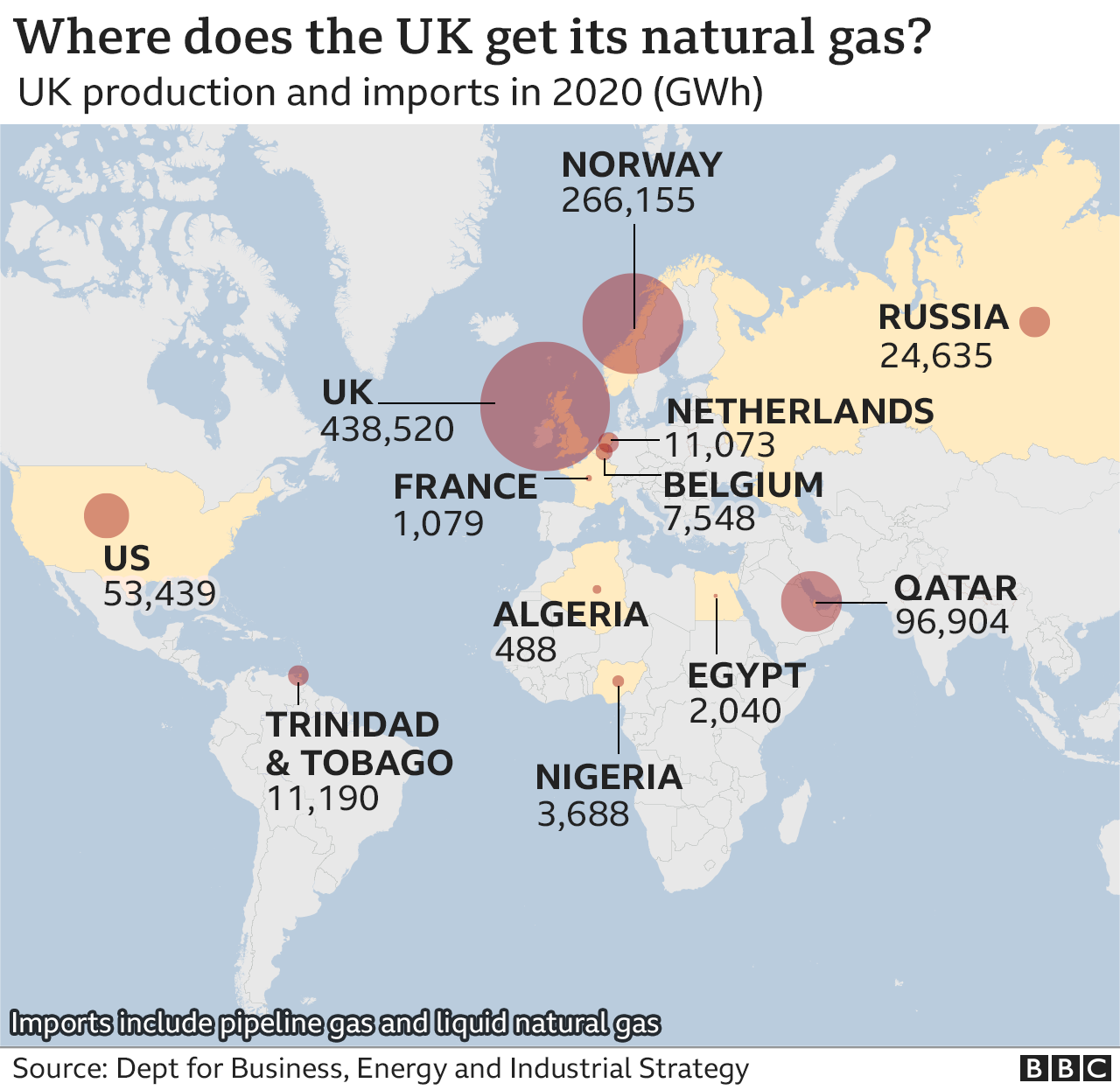It wasn’t a strawman, our local coal fired station IS being bulldozed.
You’ve got the buildings, chimneys, cooling towers, foundations, infrastructure etc. Even replacing the actual working is still a drop in the ocean compared to a new project.
Makes me laugh when old schools are demolished as new ones are so much better (as an example)
No question that it is cheaper than a new project, but it is not remotely close to a school. The presence of any moisture inside the turbines can be catastrophic, and somehow it always finds a way in. The point of mothballing is largely defeated in a dynamic power market if the recommissioning process takes the better part of a year.
I’m no expert but then instead of mothballing, could they could be kept on minimum duty to stay warm and dry? Schools was just an example of the ludicrous concepts of knocking down perfectly good buildings and replacing with new ones because the maths just about justify it over 60 years.
From an equipment operations point of view, yes, that is the preferred mode. But then the operating costs skyrocket, because staff/maintenance, etc., all have to be in place - and in a market-based system, almost never generating much revenue.
The UK was the first major economy to set a 2050 net zero target
Net zero targets have been encouraged by scientists and experts as a way to eliminate these emissions, yet while 18 members of the G20 have set targets, only Canada, France, The UK, Italy and South Korea have said how they’re going to do it.
Right, so praise Justin Trudeau…our pathway is at least as unlikely as the UK’s, we are definitely far more off course already. Net zero in the past couple of years has become the easy way to garner praise from credulous media, but it is notable that none of your links attempt to assess credibility. To invoke the late lamented RichLFC, ‘jam tomorrow’
So you judge the cost against the response in an emergency vs mothballing and the delay. Tricky no question. Seems an interesting thing to look into, where does all our electricity come from?
Not that dependant on Russia then. But shipping from the Caribbean? Really?
Having just switched jobs and I can assure you that electricity generation in power stations is not as simple as the high school physics makes you believe, even nuclear. These buildings are phenomenally complex. Flicking a switch it is not.
Seeing as only 5 G20 countries have enshrined net zero targets into law, presumably I only have to compare the viability/credibility of their plans? The world leader among G20 nations must surely come from one of them?
UK being the forerunner.
Looks like those are 2016 numbers, so not quite current, but not far off.
In some ways, this is more instructive, the feed of where the power is coming from right now. https://grid.iamkate.com/
That is where the problem really crops up, and why coal just isn’t viable.
I plan to run a 90 minute marathon this year. Does that make me a world leading marathoner?
I think it is far more telling to look at actual emissions pathways.
From what I gather nuclear is a real pain in the arse, gaz and coal are a lot more flexible in comparison when it comes to switching on and off still not simple. Turbine usure is about the same quite incredible what damage steam can do.
I imagine that depends on what counts as “UK”. British Overseas Territories?
I accept that. Do you have a reliable source where I can compare? I’ve been relying on the “headline” grabbers.
CCGT turbines are far more flexible in the market. A modern CCGT can spin up to output on about 8 seconds notice. Even the fastest coal assets need about 3 hours, and the vast majority of the coal fleet is much slower, needing 6-8 hours. That is the property that has driven coal out of so many power markets.
They just look like concrete buildings externally but when you get into the nitty gritty of all the various systems, pipework, this, that and the other you quickly find there are several kitchen sinks and absolutely no room for a cherry on top.
The shear quantity and pressures involved can be pretty massive I would think, hence all the systems in place.
And yeah I guess nuclear is even far more complex.
You know, that is a good question. I know where to look to find the analysis that proves that Canada’s plan is not credible, because we have deferred all the real work to a decade from now, and are still off track. I know where to find the same for the UK. I suspect the same of Italy, knowing what their generation looks like, but don’t know. Surely someone credible has actually done a grading of sorts.
It is tangential to something I was going to take a look at today (Canadian regulatory carbon offsets), so I will update if I can find a good comparison.
Yes gaz has massive advantages over other ‘a point’ power supplies.
Thanks Arminius. The only place where I’ve been able to find comparators are those I’ve provided. They indicate that the UK is indeed a world-leader among the G20 at tackling climate change (hence my claim) but as you rightly say, the message may not match the implementation.
I haven’t been able to find any assessment of the credibility of each countries’ plans in practice. Only to what extent they have been enshrined in law, what their target is for, when do they intend to meet it, and how (generically).
That only takes me so far!
